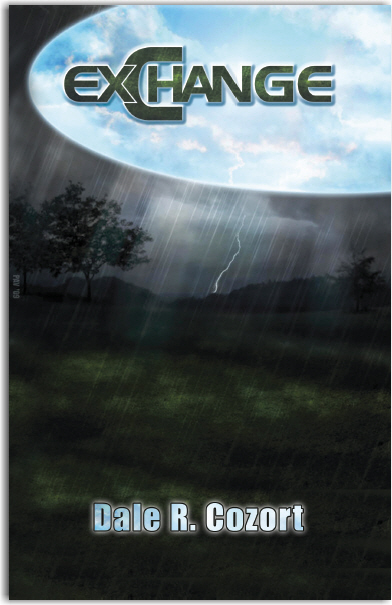|
|
| Home | Books | Alternate History | Science Fiction Adventure | Writing | About | Contact Me |
|
Why Don't More
Historians Use Alternate
History
Spain
Joins The Axis - June 1940 - part 2
Scenario
Seeds: Longer Lived Leaders
Scenario Seeds: Politically Potent Sons The Polish-German War of 1939-Machines Versus Magic Point Of Divergence is an amateur press magazine and also a forum for discussing AH and AH-related ideas. Here is my comment section. |
This is a concept with a lot of potential. The idea is that a big hunk of North America, essentially over to a little past the Appalachian Mountains, has broken off and become a large island. At some point along the way it has apparently been largely submerged or in some made uninhabitable by land animals. As a result it has been repopulated from the sea and has no native land mammals. The native ecology is composed mainly of birds and lizards. Atlantis is kind of like New Zealand written large. There are no native mammal predators, so their place has been taken by large, aggressive eagles (not flightless) in the north, and predatory lizards in the south. The place of ground-living mammals is taken by large Moa-like birds—dumb and initially very easy to kill. So how good of a job of world—or in this case
island—building did the author do? Pretty good,
actually. Turtledove has done his homework on how ecologies
develop on islands and he creates a good, plausible world, which is
also fun to roam in. I do have some problems with the plausibility of there being no mammals at all on the island. This is not a volcanic island, and would almost certainly have been attached to North America, Europe, or both at some point. Unless it separated from the main continents very early it would have had some kind of mammal at some time. Even New Zealand had land mammals at one time—actually very primitive mammals near the boundary between mammals and reptiles, but that's another issue for another time. So Atlantis would have had mammals, but lost them someway.
If they survived the end of the dinosaurs, which they probably would
have, then what would have killed them? Atlantis, ironically,
appears to be too big and too high to have been entirely or mostly
submerged. It's too big for a random bad year to have killed
off all of the mammals, and probably was throughout its history.
Oh well, an ecology without land mammals is cool, so I can suspend
disbelief on that too. I have one other problem with the ecology of Atlantis: the absence
of large ground-living predators in the northern part of it.
Nature doesn't like vacuums, especially big ones, and this is a big
one. I suspect that Atlantis would end up with either large
flightless predatory birds or cold-adapted predatory lizards of some
sort, if not both. Given enough time and enough room both would
probably develop. Again, this is not a deal-breaker for me.
An ecology with man-killer eagles in it is cool enough that I'm
willing to suspend belief. So, what do I think of the book overall? I'm glad I bought it. It's solid alternate history with a good, well-described setting. I don't classify it as a must-read, or something I'll read over and over again, but it is worth reading.
Revised on Feb 4, 2012.
More Stuff For POD Members Only What you see here is a truncated on-line version of a larger zine that I contribute to POD, the alternate history APA. POD members get to look forward to more fun stuff.
|
